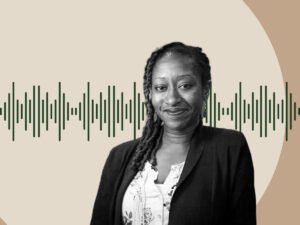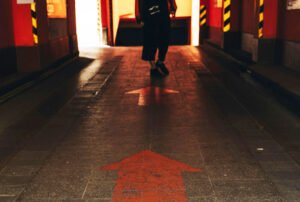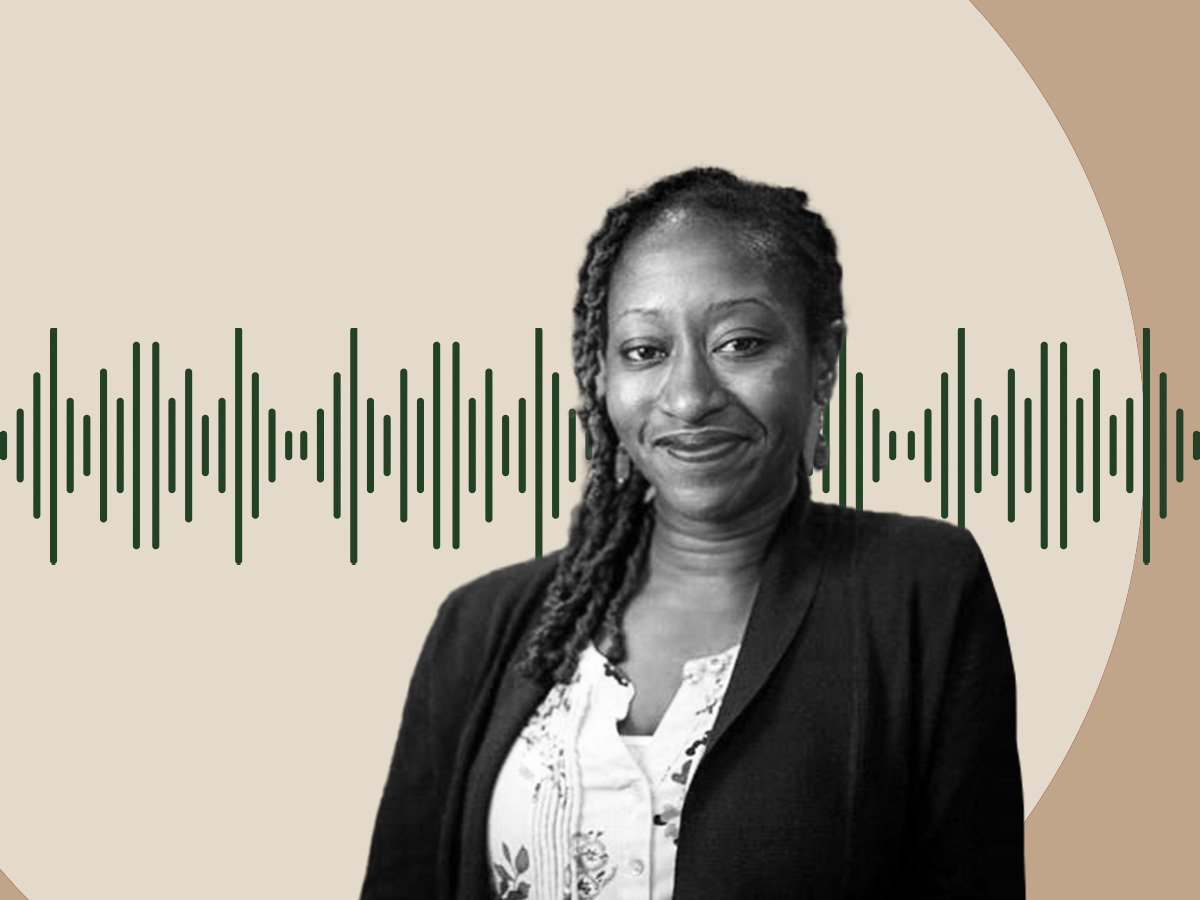Click here to download accompanying slides
Building viable economic alternatives requires both project-based community economic development work and advocacy to access public resources and make changes to laws and regulations that get in the way. In this Remaking the Economy webinar, panelists discuss how their organizations and the economic justice movements that they support strike a balance these two imperatives.
In a wide-ranging webinar conversation, panelists Rudy Espinoza of Inclusive Action in the City (Los Angeles), Nia Evans of Boston Ujima Project and Julia Ho of Solidarity Economy St. Louis offer their thoughtful assessments on a wide range of matters, including the critical role of relationship building in community organizing work. They also address the below questions:
Sign up for our free newsletters
Subscribe to NPQ's newsletters to have our top stories delivered directly to your inbox.
By signing up, you agree to our privacy policy and terms of use, and to receive messages from NPQ and our partners.
- How does a nonprofit advocate for policy change at the City Hall, while remaining responsive to its membership?
- What kind of ecosystem of support is needed to advance economic justice goals? If you don’t have that support, how do you build it?
- What stages are involved in developing a mutual aid network? How do you sustain the work over the long haul?
- What was required to legalize the status of street vendors in Los Angeles? What resistance did the campaign encounter? How was it overcome?
- How was a $5-million, community-controlled loan fund developed in Boston? What were the key steps that made this dream a reality?
- How do you balance project-based work and advocacy with larger visions of community building and economic transformation?
Resources
Rudy Espinoza, “How Street Vendors Can Build a Just Economy: Lessons from Los Angeles,” NPQ, July 14, 2021.
Julia Ho, “How to set up a mutual aid fund,” Shareable, September 24, 2020.
Erin Kuschner, “How the Boston Ujima Project is fostering change in Boston,” Boston Globe, February 17, 2021.
Aaron Tanaka, “Reimagining the Economy: The Social Justice Enterprise,” Nonprofit Quarterly, spring 2019 [posted online April 15, 2019].













